Common belief suggests that it takes 21 days of consistently doing something before it becomes a habit, but experts say there’s no fixed timeline that would make a behavior automatic. It could take any time between 18 and 254 days, depending on how easy or difficult the new routine is. But sometimes, there are harmful habits that we need to kick out of our system right away. And the faster we shift into better practices, the better our quality of life would be.
Bhaskar Health researched 9 habits that could be unknowingly bad for our health, and we will be sharing some tips on how to counter them.
1. Using an alarm clock
The jolting noise from alarm clocks wakes you abruptly, which can be harmful for your heart. It may cause an increase in blood pressure and raise stress levels due to the adrenaline rush. Getting up so suddenly may also lead to sleep inertia, or the state of feeling groggy and experiencing reduced mental and physical performance. So how do we wake up without the loud ringing of our clocks and phones?
Experts recommend establishing a consistent sleeping routine by trying to doze off and getting up at the same time every day, sans alarm. You can also practice gradually waking up to natural light. Opening the blinds and curtains, or positioning your bed in a spot where the sunlight hits directly, may help. If you need to wake up before sunrise, you can purchase alarm clocks with more soothing sounds (like whistles and wind chimes), or light-based ones that mimic the sun’s brightness.
Smashing that alarm clock may be good for your looks too. One woman tried to put this to the test by waking up for a week on her own. After her experiment, she said her face noticeably looked fresher, and the dark shadows under her eyes disappeared. Even her fitness and endurance for hiking reportedly improved.
2. Keeping the house too clean
Absolute cleanliness is a must in some environments, like hospitals, for example. But in the house, completely sterile surroundings may actually trigger certain diseases. Studies have supported the “Hygiene Hypothesis,” which states that children who grew up in rural areas and were exposed to bacteria, pollen, and animal dander, have stronger immune systems. Meanwhile, those that were raised in very clean environments were more likely to develop hay fever, asthma, and allergies.
Some microbes are also good for the body because they help us in our physiology, metabolism, and brain functions. But this doesn’t mean that you should stop cleaning and live in filth. What you can do is manage how you sterilize or tidy up things. For example, children can wash their hands with normal soap instead of an antibacterial one. Or if a toy falls on the floor that is not too dirty, a simple cleaning will do and there’s no need to over-disinfect everything.
3. Taking too many vitamins and supplements
Most people who take multivitamins do it to fill in nutritional gaps. But according to studies, taking these supplements does not add any benefits to our health. They do not reduce the risk of heart disease or cancer, and they do not help prevent memory loss or the decline of mental abilities. However, one proven effective supplement is folic acid (taken before or during pregnancy), which helps fight against neural tube defects in babies.
Experts also warned about taking fat-soluble and water-soluble vitamins in huge doses. Too much of the water-soluble vitamin C can cause kidney stones, and excessive amounts of fat-soluble vitamin A can affect the liver. It is ideal to consult with your physician if you have any vitamin deficiencies that need to be addressed with medication. And instead of depending on supplements, it’s better to get your much-needed nutrition from a well-balanced diet.
4. Cutting your cuticles and using your nail as a tool
Most manicure and pedicure sessions involve gnawing at your cuticles, or the layer of clear skin along the edges of the fingers and toes. Cutting them could make your nails look more appealing, but you are also removing one of your body’s natural forms of protection. Cuticles help safeguard new nails from bacteria, and messing with that area can cause skin damage, dryness, or infections.
Another nail habit that you need to phase out is using your nail as a tool — to open cans or jars, peel off stickers, or open up key rings. These activities can easily break your nails, so one expert suggests using proper instruments instead, like scissors or other devices.
5. Peeling off sunburn
It can be tempting to accelerate the process of peeling by scratching or removing the skin ourselves, but it’s better to resist the urge. Peeling is part of the healing process, and it’s a sign that your body is trying to get rid of the damaged cells. While this is happening, your skin is exposed and vulnerable, so it’s better to let this layer of skin slough off by itself.
The best course of action at this point is to moisturize the area (to soothe the burned skin), and to drink extra water (to avoid dehydration). You can also wear protective clothing when going outside to avoid additional UV damage. To steer clear of future burns, it would be wise to apply sunscreen every 2 hours when you are exposed to harsh sunlight.
6. Wearing high heels everyday
Pumps or stilettos may add a few inches to your height, but wearing them for a long period of time may be hurtful (literally and figuratively) for your body. One study found that women who wore high-heeled shoes on a daily basis displayed a poorer quality of life in terms of foot health. Limiting the number of hours you show up in those shoes can help you avoid these possible repercussions.
- Ankle injuries that may be caused by a misstep and loss of balance.
- Stress fractures from the excessive pressure on the ball of your foot.
- Osteoarthritis in the knee, caused by the strain in your joints.
- Foot and toe deformities (a.k.a. bunions) in extreme cases.
- Back problems as a result of the heels causing a shift in the position of the spine.
- Pain and swelling.
7. Eating too fast
In this fast-paced world, we tend to rush everything — including our mealtimes. But this can be a detrimental practice, which can lead to weight gain. According to one study, 60 percent of kids who chomped on their meals rapidly also overate. Meanwhile, a different research group found that fast eaters developed risk factors for obesity around the waistline, high blood pressure, and high levels of blood sugar and bad fats.
Quick munchers also take bigger bites and chew less, which can lead to poor digestion. Slow eating, on the other hand, can help you feel more satisfied with your meal, and allows you to chew your food more thoroughly. An old study also noted that controlling the eating speed can be a means of regulating weight and preventing obesity.
8. Choosing low-fat food or products that “sound healthy”
Not all products that are low fat or gluten-free are automatically good for your health. Sometimes, these processed foods may contain more sugar than their non-diet counterparts. A few examples of these “low-fat” — but not really healthier — products are sweetened breakfast cereals, flavored coffee drinks, and yogurts. And eating this sugar-rich food can cause excessive hunger, weight gain, and certain diseases.
To avoid being scammed by these items, check the “Nutrition Facts” part of the packaging and compare it with similar products from other brands. Loading up on vegetables, a small amount of carbs, and just enough meat or plant-based proteins, is also an option for a well-balanced meal that doesn’t contain too many calories.
9. Plucking nose hair
The tiny strands inside your nose are part of your body’s defense system — they help keep dust, allergens, insects, and other things from entering and going into your lungs. Apart from aesthetics, there’s no real benefit of removing nose hair. And plucking it out can even cause irritation and infection. It can also produce ingrown hairs, which are characterized by pain and itchiness.
The nose is also part of the triangular area in our face that is connected to the skull through various blood vessels. It’s a highly sensitive zone, where infections easily spread and could quickly escalate into something more serious.
If you really want to get rid of those little hairs that might stick out from your nose, instead of pulling them out with tweezers, use trimming scissors to trim them.
Which of these seemingly innocent but harmful practices surprised you? Do you have a personal, old habit that you find hard to break?


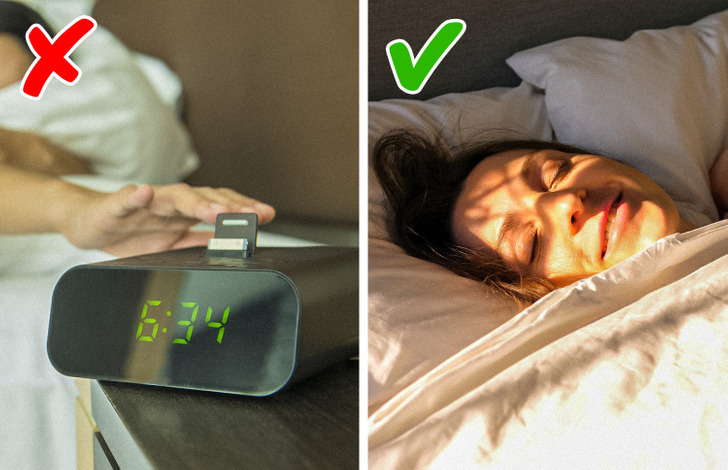
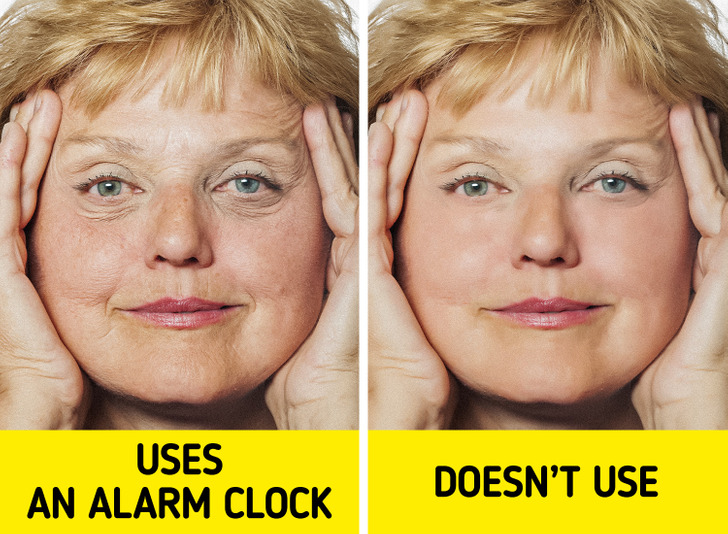
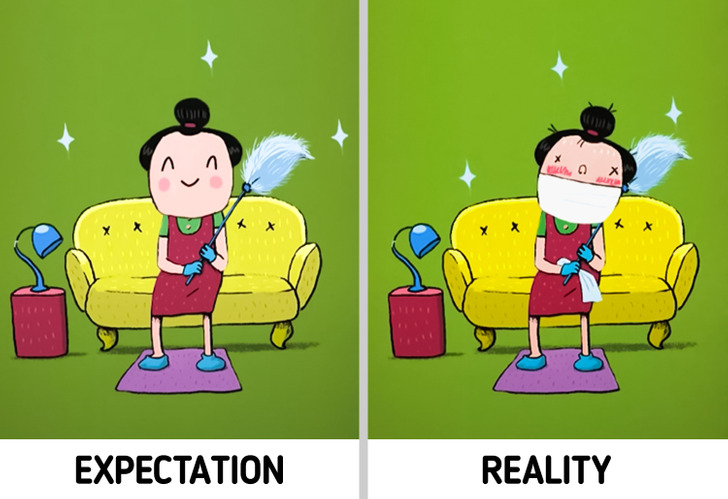

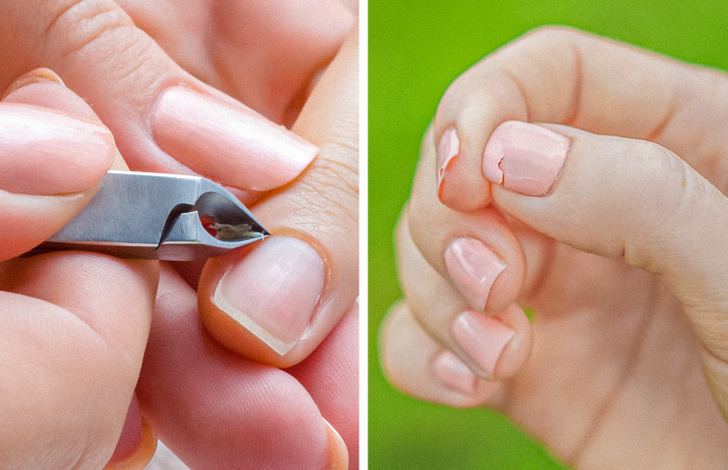
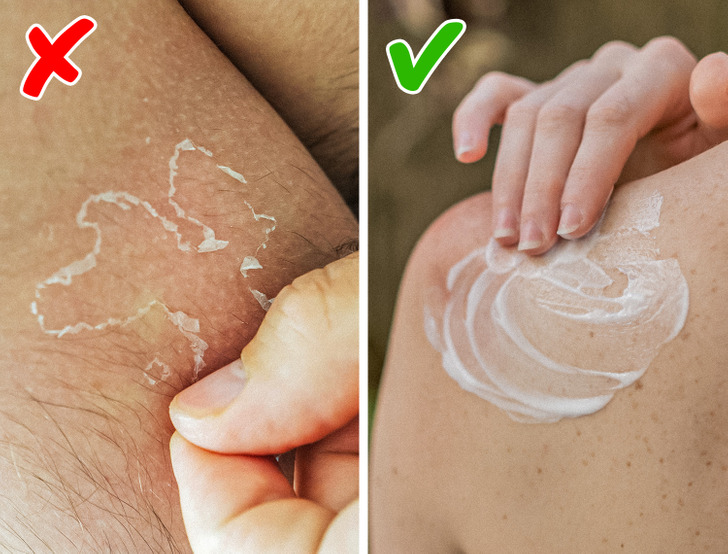
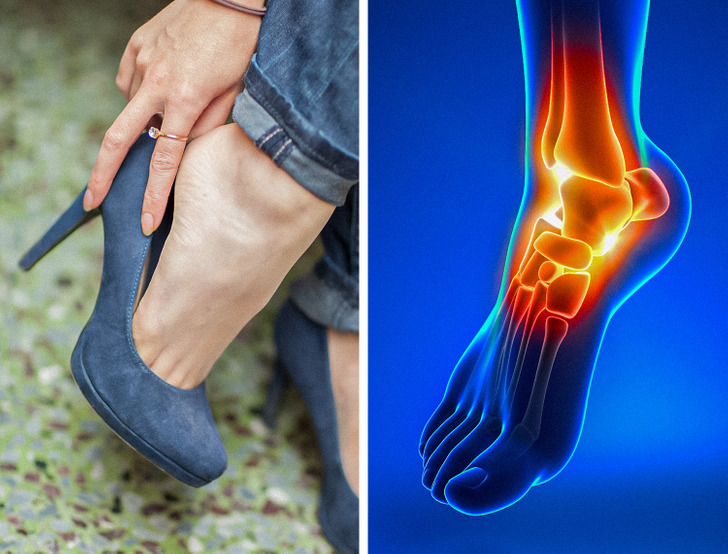
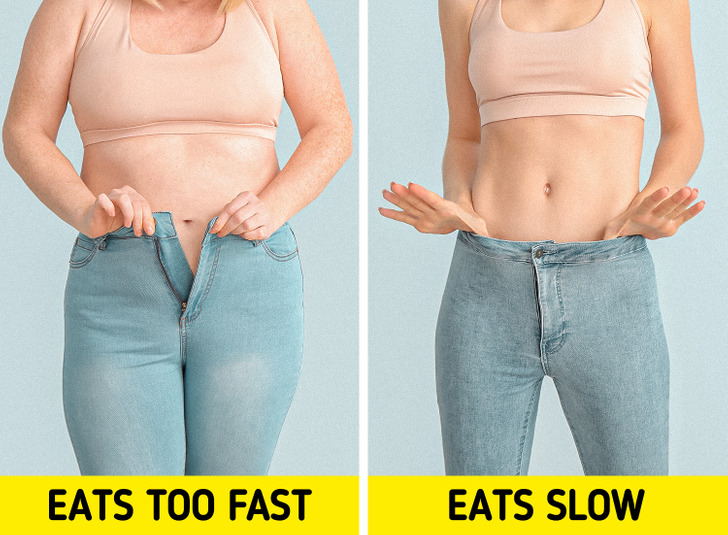
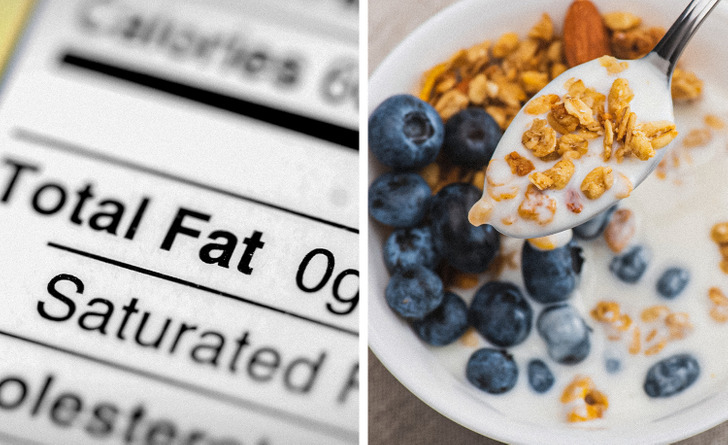
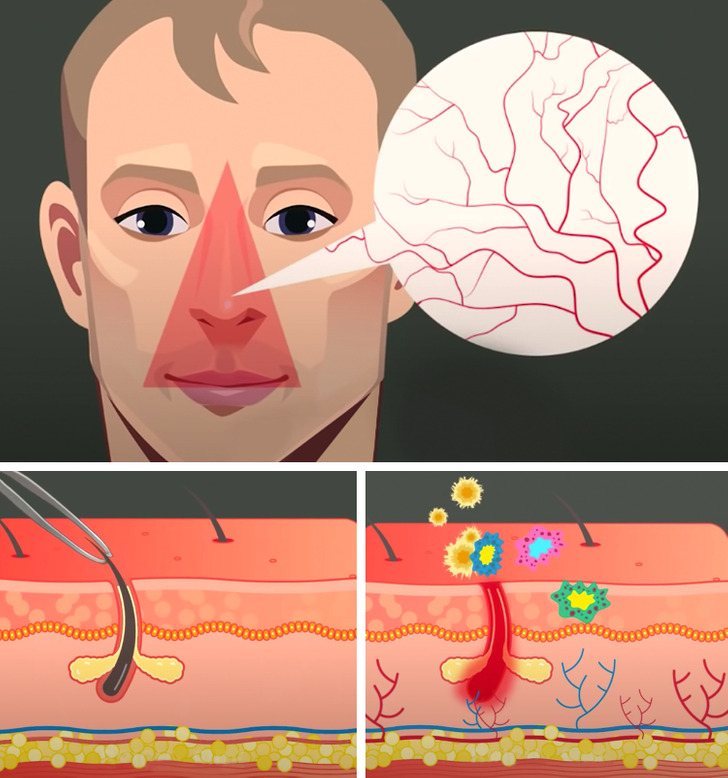
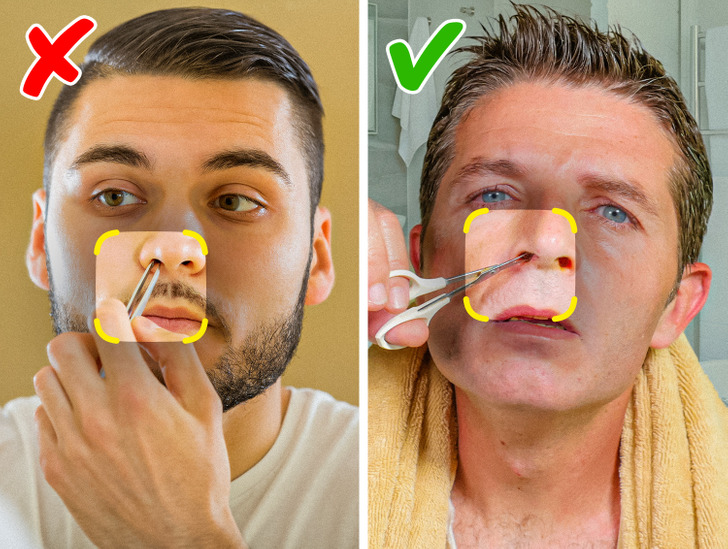
0 Comments